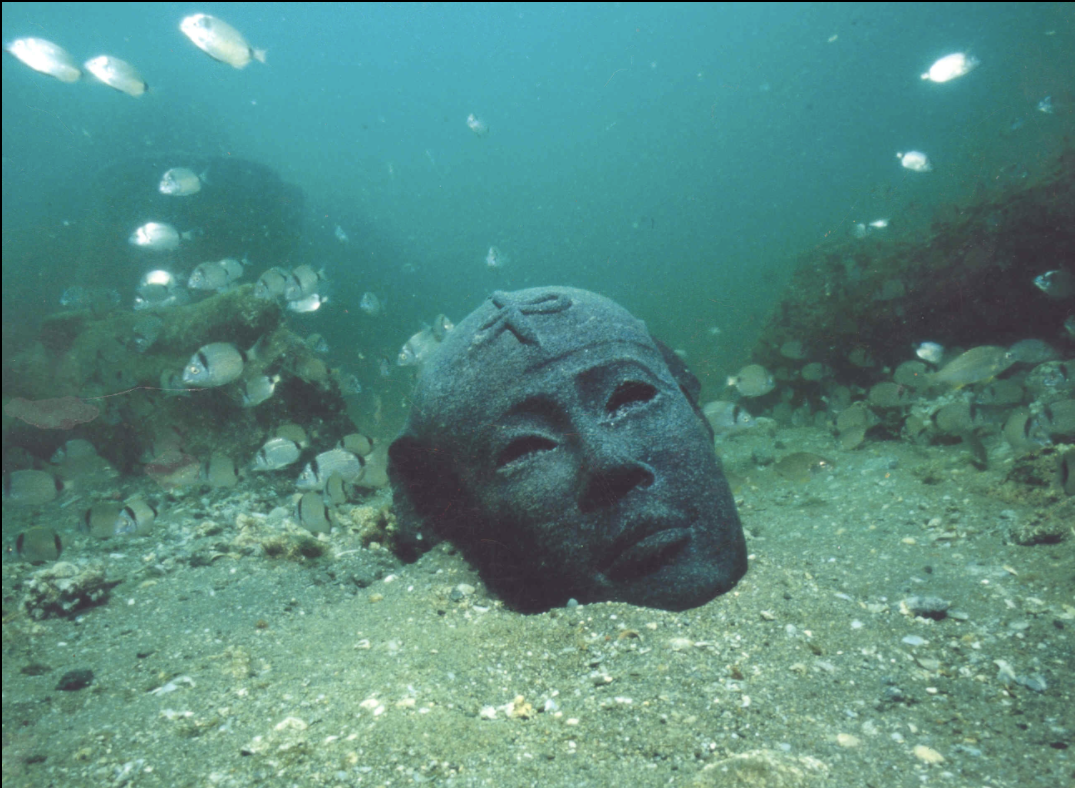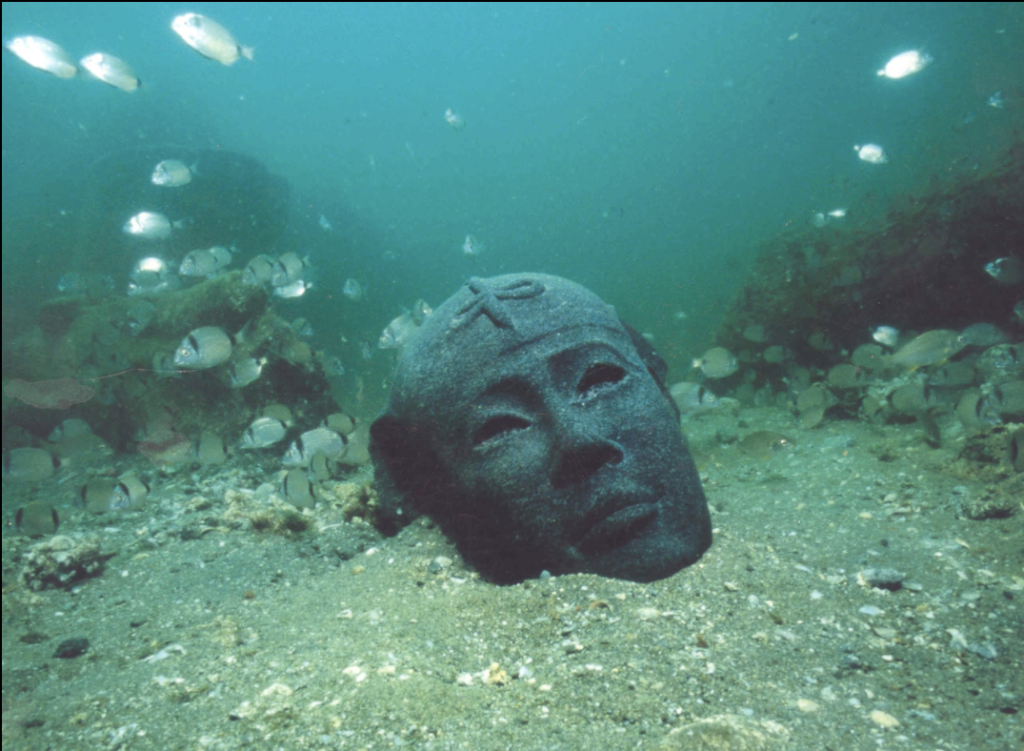
Egypt Ministry of Tourism and Antiquities.
- Archaeologists have found ancient artefacts from the sunken ancient city of Thonis-Heracleion.
- They found wicker baskets still filled with fruit from the fourth century BCE.
- Thonis-Heracleion was an ancient Egyptian city that is now submerged underwater.
- See more stories on Insider's business page.
Archaeologists have discovered a trove of ancient artifacts from the fourth century BCE, including wicker baskets filled with fruit and Greek ceramics.
The discoveries were made in the ruins of the sunken ancient city of Thonis-Heracleion, which was Egypt's largest Mediterranean port for centuries until Alexander the Great founded Alexandria in 331 BC.
The artifacts were found by a team of researchers from the European Institute for Underwater Archaeology (IEASM), led by French marine archaeologist Franck Goddio, who discovered the ruins two decades ago.
Goddio told The Guardian that the discoveries were "incredible" and that the fruit baskets had been untouched for over 2,000 years.
"Nothing was disturbed," Goddio told The Guardian. "It was very striking to see baskets of fruits."
The wicker baskets were filled with doum, fruit from an African palm tree, and grape seeds.
Goddio theorized that the fruit might have been preserved because they were placed in an underground room, possibly with a funerary connotation, according to The Guardian.
The discoveries were made near the site of a large tumulus, a burial mound, which had been previously explored by the team.
The tumulus, which is 197 feet long and 26 feet wide, was "covered with sumptuous funerary offerings" dating back to the beginning of the fourth century BCE, the IEASM said, according to CNN.
The team described the tumulus as being like a kind of island surrounded by channels.
"Everywhere we found evidence of burned material," said Goddio, according to CNN. "Spectacular ceremonies must have taken place there."
The researchers also found Ancient Greek miniature ceramics and several bronze artifacts, including mirrors and statuettes of Osiris, the ancient Egyptian fertility god.
"There's something very strange here," Goddio told The Guardian. "That site has been used maybe one time, never touched before, never touched after, for the reason that we cannot understand for the time being. It's a big mystery."
Goddio said that the site must have been sealed for hundreds of years as they have found no objects from later than the early fourth century BCE, even though the city existed for several hundred years after that.
The discovery "beautifully illustrates the presence of Greek merchants and mercenaries who lived in Thonis-Heracleion," IEASM said.
Greeks were allowed to settle in Thonis-Heracleion during the late Pharaonic period and constructed their own sanctuaries there.
Researchers believe that the city became submerged underwater after several earthquakes.
The European Institute for Underwater Archaeology works with Egypt's ministry of tourism and antiquities. The findings will be studied and preserved and then put on display in museums.
